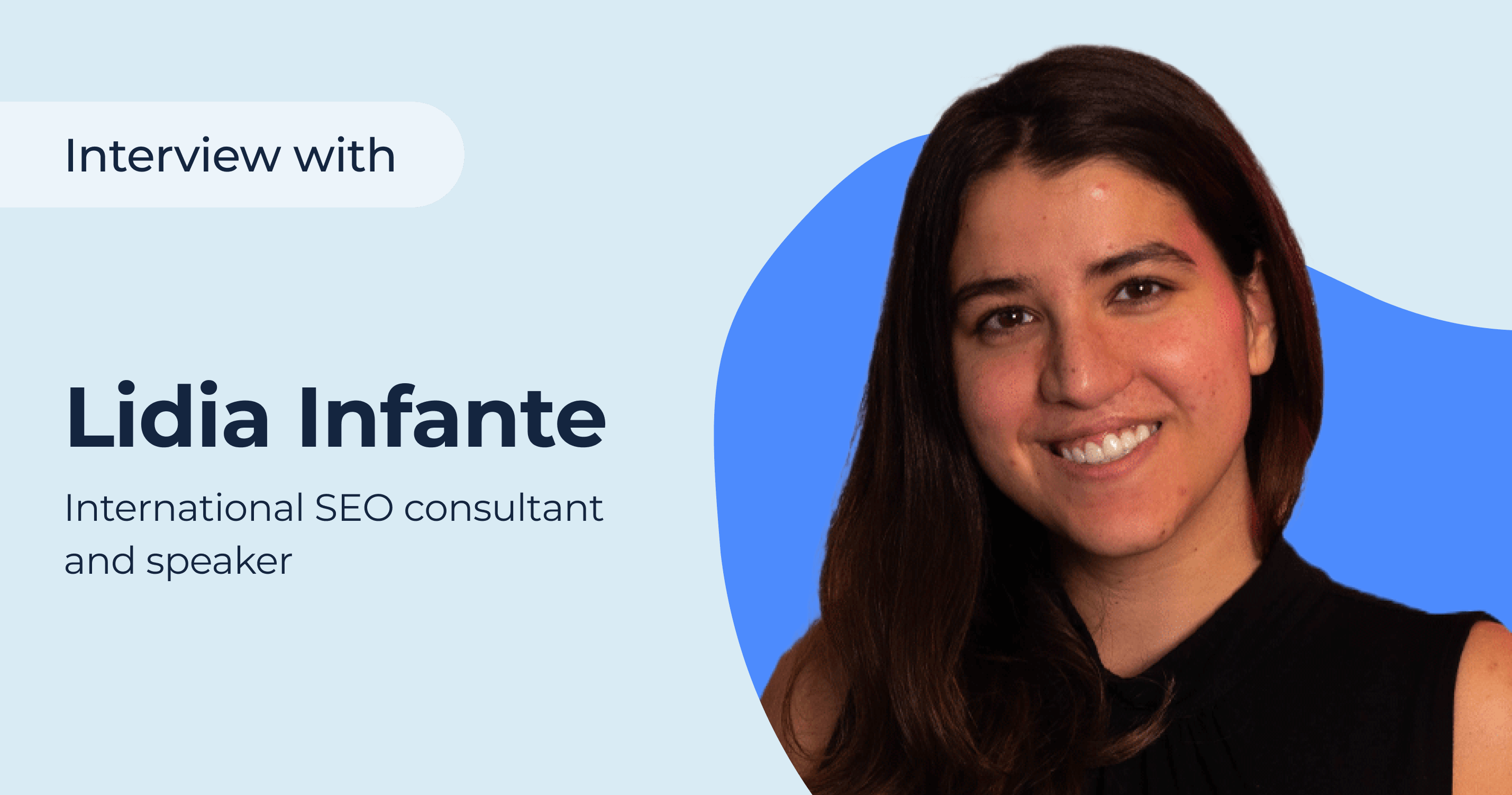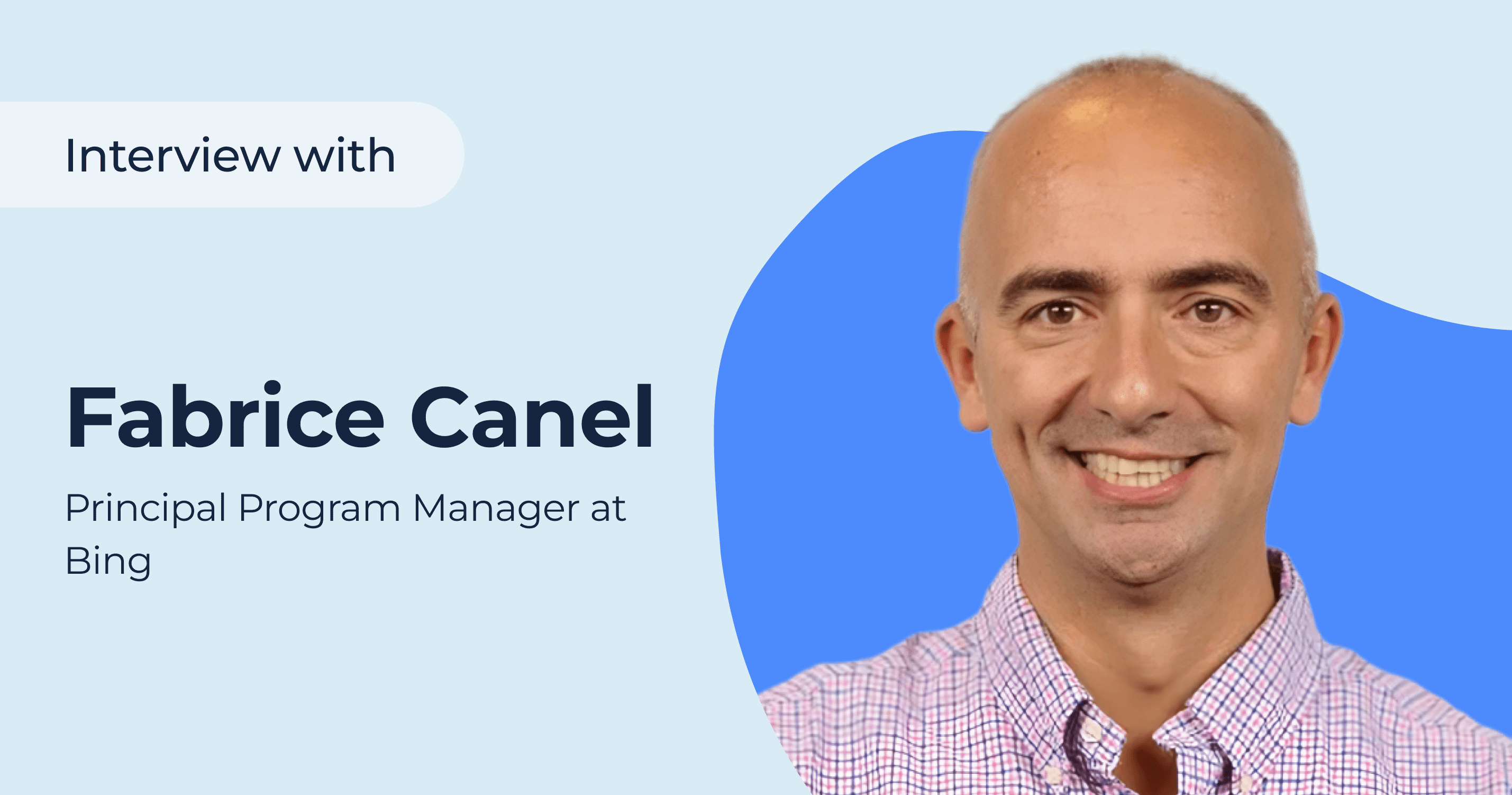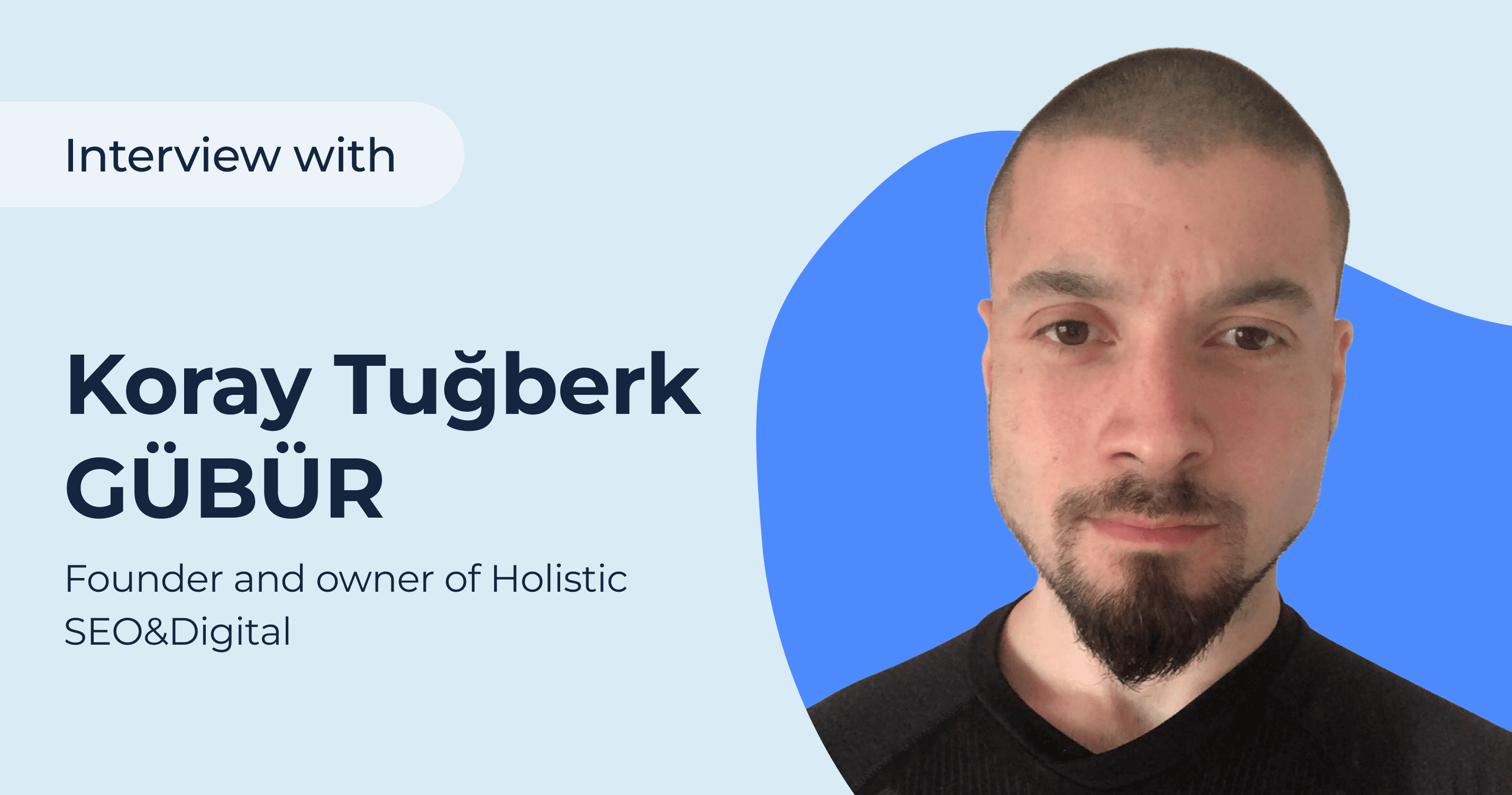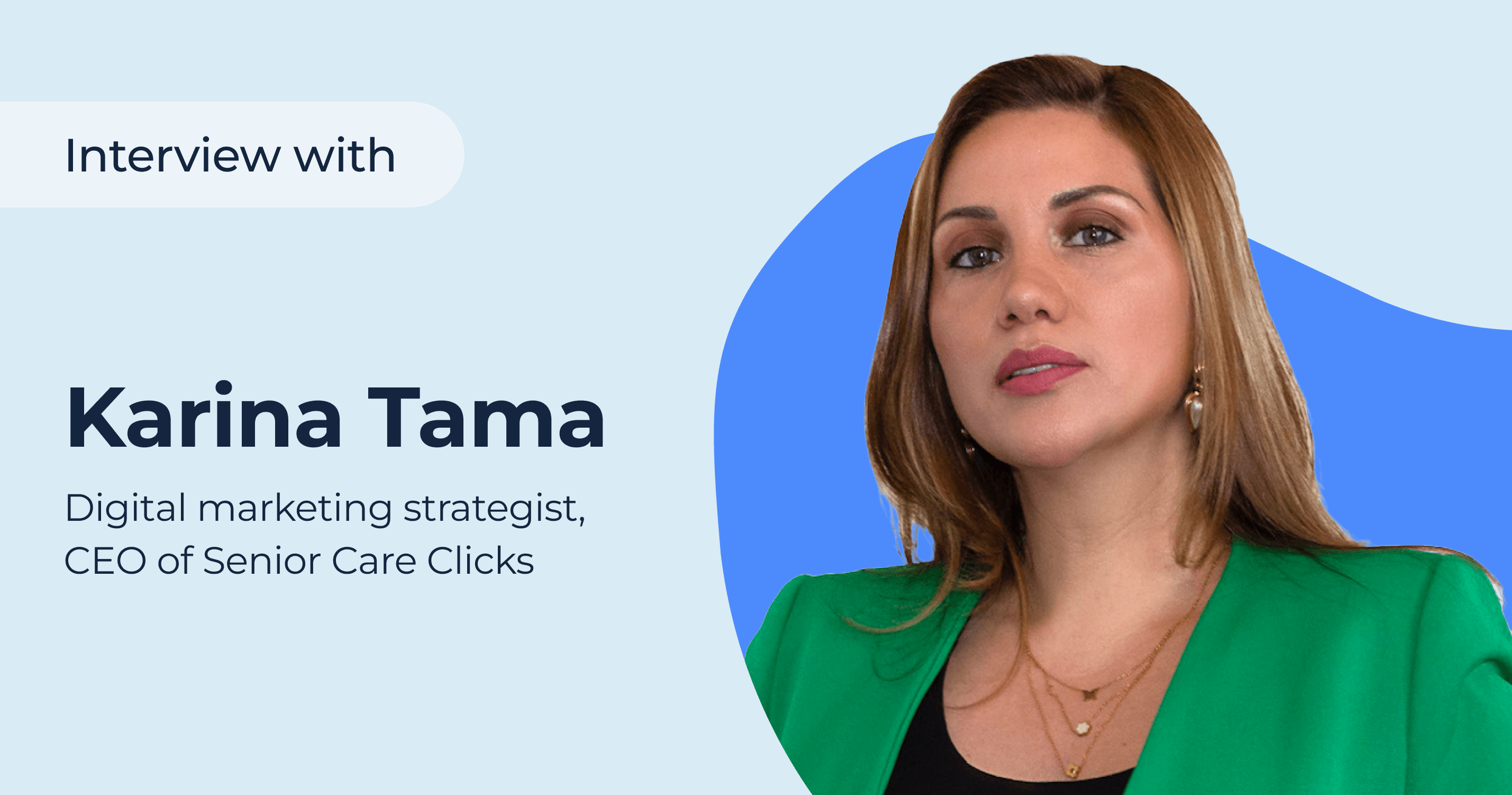Lidia Infante is an international SEO consultant with around 10 years of experience. She helps businesses in e-commerce, media, and B2B niches across European markets, the US and Australia to get to the top positions on Google. Lidia loves engaging with the SEO community in podcasts, webinars and conferences such as BrightonSEO, UnGagged, WeLoveSEO and others. To know more about Lidia Infante and her SEO insights, follow her Twitter page.
1. Could you please share more about your background in digital marketing?
I started working in digital marketing nearly 10 years ago. My first job in marketing included social media management and web content management, which I absolutely loved. Then I moved on to work for an international clothing personalisation firm as their PPC manager. Since then I’ve worked as a digital editor in-chief for a publishing house, marketing and SEO executive for a SaaS firm, for an SEO agency and for a bunch of different businesses.
Last year I finished my master degree in e-commerce and digital business.
2. How did you get into SEO?
I started a feminist magazine as a side project and I found that I could make better content for women seeking answers around the issues they cared about. This magazine grew really big and fast and I fell in love with the SEO aspect of it.
3. In your opinion, what are the SEO trends in 2022?
I like to think that the industry has evolved enough to start moving away from the basics and work on SEO A/B testing, high quality programmatic content and E-A-T.
4. SEO is such a controversial thing. Every SEO specialist rates its success differently. What is your way to rate SEO success? What metrics do you look at?
Every business is different and we need to measure success differently. Even stakeholders within the same business care about different things!
Generally, I believe SEO results need to be tied to revenue and to brand awareness. The first can be measured in the form of leads, transactions or traffic volume, depending on how the business makes money. The latter can be measured in search volume, branded traffic or brand recognition.
5. What are the differences between English and Spanish-speaking marketers within SEO?
SEO in Spain is still moving away from plain link-buying and other black hat techniques. Content has been king for years and SEO is no longer about tricking search engines into thinking you’re better than your competitors, it’s about actually being better. In my experience, the Spanish market is overly-focused in technical aspects of SEO that don’t really move the needle. High quality content strategies that meet the user intent are still hard to find.
Personally I believe this is due to a huge gender gap in the industry that’s leaving amazing knowledge builders out of the mainstream. The lack of diversity in the industry, shaving the same men in the same panels over and over is really hurting SEO in Spain.
6. What is your preferred structure for international SEO, – subdomains or subdirectories?
I’m all for subdirectories! ccTLDs or subdomains are more costly to maintain and can dilute authority. However, there’s a bunch of times where cc TLDs or subdomains are preferred. Depending on your vertical or your audience, a subdomain structure might be best. That said, if you have a functioning website that drives traffic, it’s usually best to keep your structure as is.
7. How to do keyword research in a language you don’t speak?
I know this one! Check out my methodology for international keyword research.
8. What are your International SEO best practices?
Audience research and cultural awareness is at the core of a good international SEO strategy. A rinse and repeat approach based off your main market won’t do anymore. A good starting point is researching your audience pain points and their level of trust in digital.
9. You are famous for your successful international digital PR campaigns. Do you have any advice for a beginner in Digital PR?
I am flattered by this question, thank you! Digital PR is different from traditional PR in that the stories we put out are more about our audience’s interests than about the brand itself. So my advice would be to research your audience, get to know your brand and don’t be afraid to suggest the craziest ideas.
Another key difference is how the stories are distributed. Digital PR tends to work with a large volume of publications and story angles, rather than base their outreach in pure relationship building. Considering this, resilience is key.
For international digital PR I recommend that you research what journalists in your industry are interested in. I have seen that the higher the public’s trust in the media in their country, the harder it is to get coverage, so you’ll have to understand your target country and adapt your strategy.
10. What are the most important soft SEO skills?
I’d say empathy is the biggest skill in SEO (and in life). Great SEOs use empathy to communicate with their stakeholders and understand their audiences better.
Other key soft skills would be an ability to make complex systems and ideas digestible for people who are unfamiliar with them, an optimistic approach to problem-solving and an inclination towards active learning.
11. How do you see the future of SEO (in 5 years)?
I see SEO expanding further into different vertical search engines such as TikTok (yes, I said it), visual search and even, maybe, the metaverse.
12. The best piece of advice I have ever been given is…
“Always do other people favors”. Helping others without expecting anything back will shape your life in ways you can’t even imagine. And you’ll make some amazing friendships along the way.





